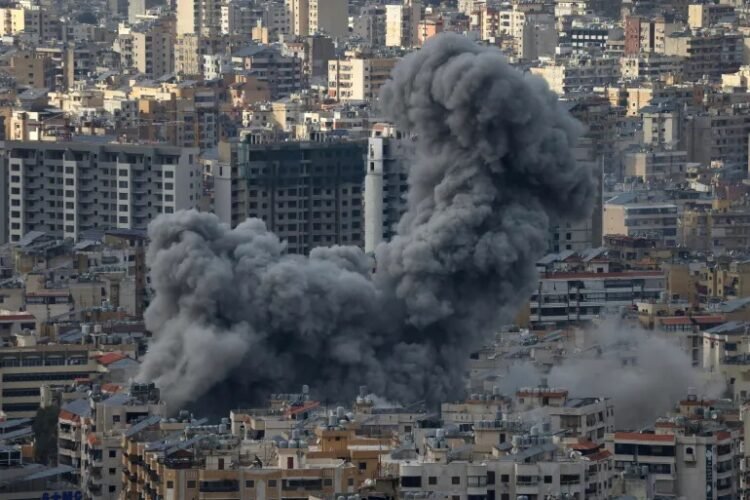Israeli Prime Minister Benjamin Netanyahu announced on Tuesday that he would recommend his cabinet approve a U.S.-brokered ceasefire agreement with Hezbollah in Lebanon. The announcement comes as Israeli airstrikes intensified across Lebanon, killing at least 23 people, and Israeli troops reached parts of the Litani River, a key point in the ceasefire negotiations.
In a televised statement, Netanyahu said the ceasefire proposal would be presented to cabinet ministers later that day, potentially ending nearly 14 months of hostilities between Israel and Hezbollah. However, the ceasefire would not extend to Israel’s ongoing conflict with Hamas in Gaza.
Details of the Ceasefire Agreement
If approved, the ceasefire would include:
- A two-month cessation of hostilities.
- Hezbollah withdrawing from a broad area in southern Lebanon.
- Israeli forces retreating to their side of the border.
- Deployment of Lebanese troops and U.N. peacekeepers in the vacated areas.
- Oversight by an international panel led by the United States to ensure compliance.
Despite initial support from Lebanese officials and Hezbollah, implementation remains uncertain. Israel insists on retaining the right to respond militarily if Hezbollah violates the agreement, a clause Lebanese officials oppose. Defense Minister Israel Katz warned of forceful action if the U.N. peacekeeping force, UNIFIL, fails to enforce the terms.
Continued Bombardments and Casualties
Even as ceasefire discussions gain momentum, Israeli strikes have continued. On Tuesday:
- A residential building in central Beirut’s Basta district was leveled, killing seven and injuring 37.
- Other airstrikes in Beirut, Baalbek, Tyre, and a Palestinian refugee camp in southern Lebanon killed additional civilians and targeted Hezbollah positions.
- Israeli troops clashed with Hezbollah fighters near the Litani River, destroying rocket launchers.
International Reactions
The European Union’s top diplomat, Josep Borrell, and French officials have urged immediate implementation of the ceasefire to prevent further destabilization in Lebanon. France has agreed to join the ceasefire’s implementation committee at Lebanon’s request.
Despite growing optimism for a resolution, the ongoing violence underscores the fragility of the ceasefire plan and the challenges ahead in de-escalating the conflict.

 English
English



























































